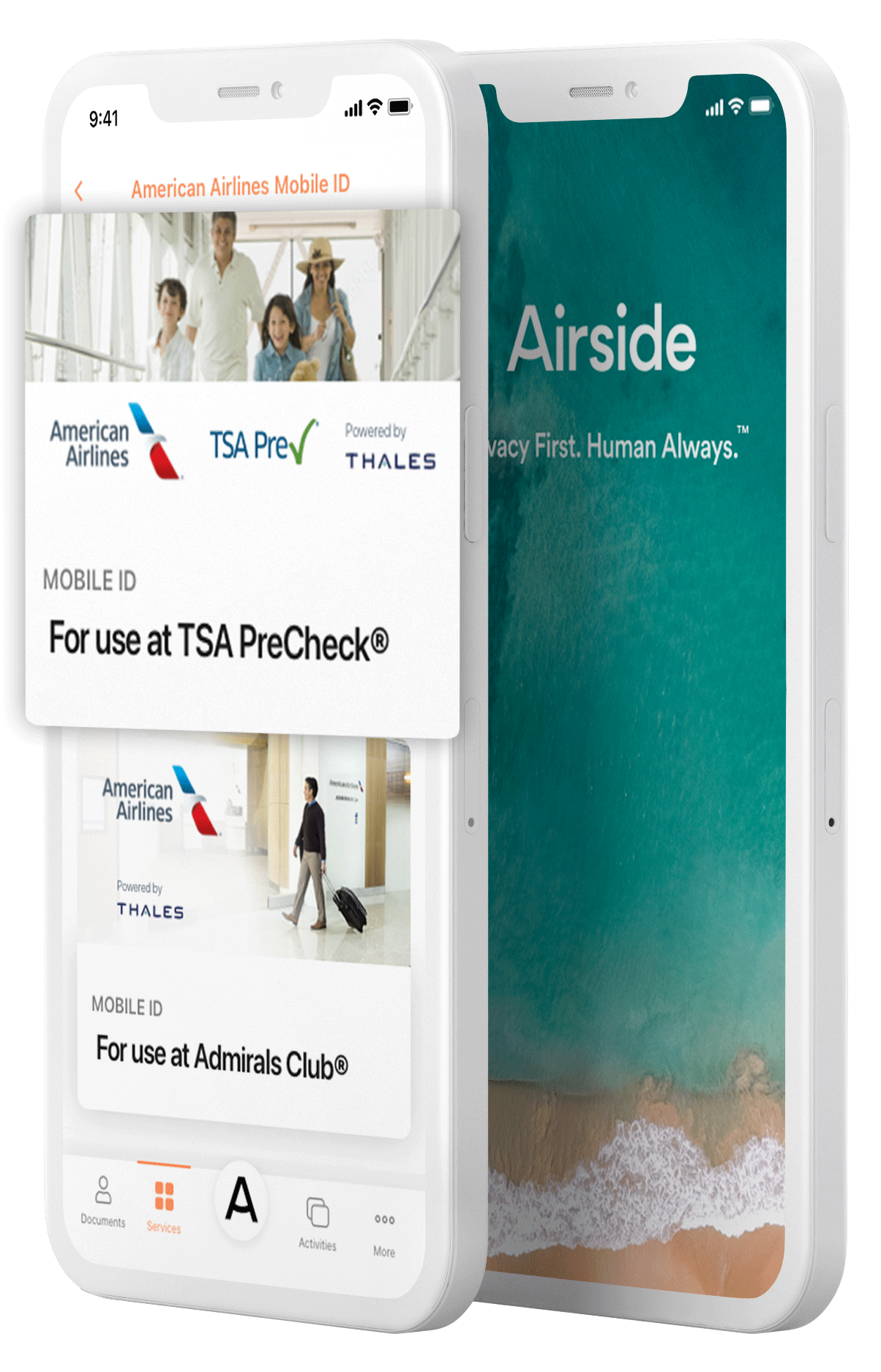At Airside, we are committed to the belief that your digital IDs should be decentralized, highly encrypted and controlled by you, and that privacy should be technologically enforced. Naturally, people often ask whether our system relies on blockchain. The short answer is no, it does not.
Don’t get me wrong— blockchain is a fascinating set of technologies. The asymmetric cryptography used to secure the data on distributed ledger technology (DLT) makes it both impenetrable and transparent. However, this approach to data security and anonymity doesn’t fit every type of business need. In particular, blockchain has certain inherent limitations that make it inappropriate for effective digital identity systems, namely: speed, immutability and re-identification risk.
1. Lack of Speed: long lags = longer lines
Remember the last time you found yourself rushing through an airport to catch your flight? You might have stopped three or more times to show your ID to an airline agent or a security officer to enable services such as bag drop, check-in, customs, or security. Now, take that situation and try to imagine that every time you have to show your ID, it took 5 to 10 minutes to verify that you are who you say you are. Compared to the 5-10 seconds a TSA officer takes to examine your ID at a security checkpoint, that’s an eternity. Blockchain in its current iteration doesn’t have the processing speed to meet the demands of high-volume, choke point-heavy industries, such as air travel. The Airside network is designed to be almost instantaneous and can facilitate 100,000 transactions per second to give all of our clients the real-life conveniences of a true digital ID.
2. Immutability: sensitive data is there… like it or not
The immutability of blockchain is a positive characteristic for many types of transactions. It provides trust that once an individual’s record is embedded on a blockchain, it cannot be changed and will remain there indefinitely. Unfortunately, this also means you, as an individual, cannot control who has access to your identity data, nor would you have any ability to revoke that access. Immutability is also at odds with increasing regulation around privacy, including the California Consumer Privacy Act (CCPA) and the EU’s General Data Protection Regulation (GDPR), which allow for a user’s “right to forget.” User control is a core tenant of the Airside network, and it’s what separates our technology from most others.
3. Re-identification: blockchain leaves a trail of breadcrumbs
Blockchain’s public ledgers depend upon accessing previous transactions to verify future transactions. This approach uses vast networks of independent participants to verify one another’s data by an inherently fragmented consensus. In other words… blockchain leaves a trail of bread crumbs. Years ago, The New York Times noted that it’s possible to link together enough pseudonymous data not directly associated with you to re-identify you and track you without your knowing. Your privacy protection is our priority, so we have woven it into the very fabric of the Airside network.
Blockchain has tremendous potential to secure and verify important transaction data. But, when it comes to securing your most sensitive identity data, blockchain falls short of our privacy standards.











